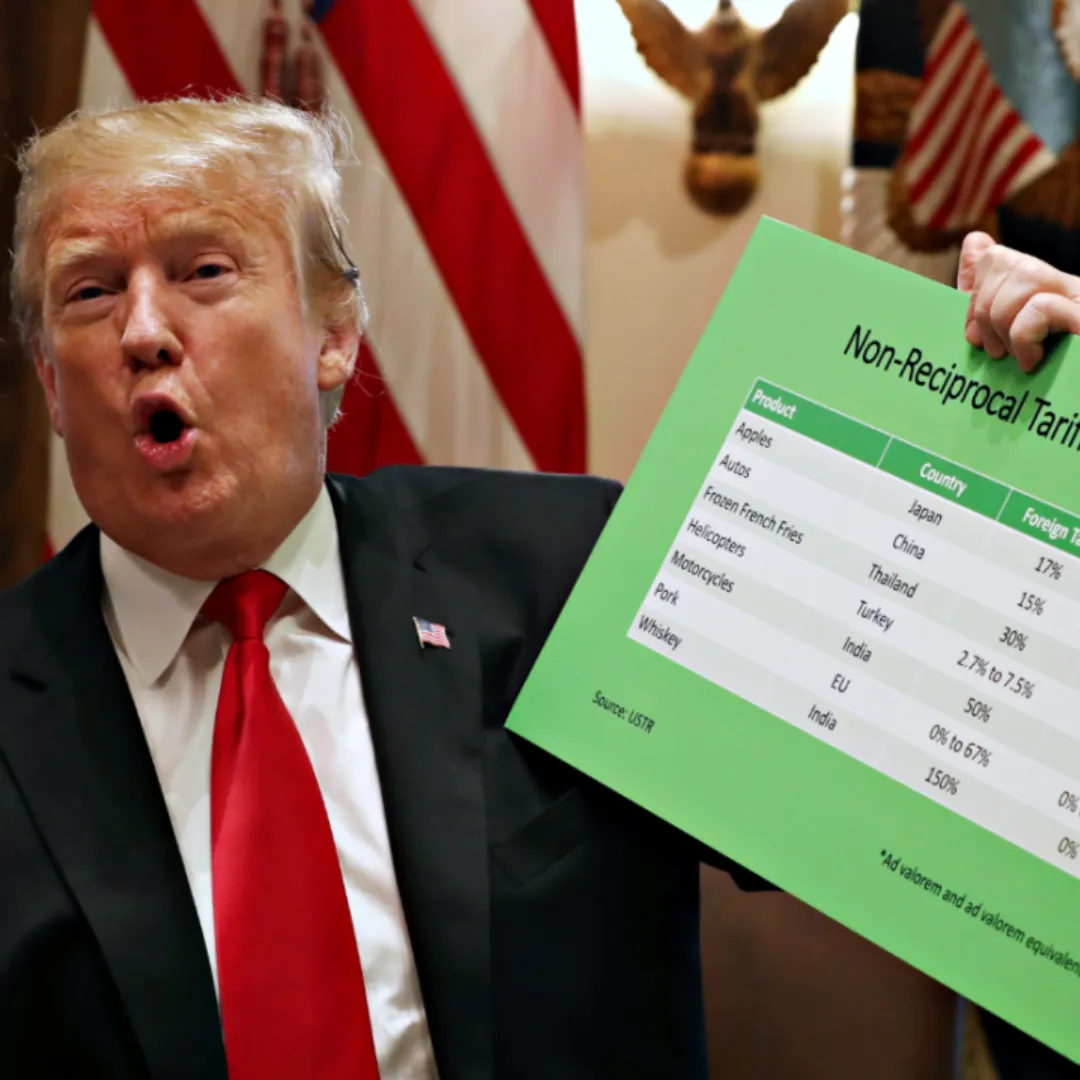
A month ago, Democratic strategist James Carville, known for his sharp political insight, advised his party to take a step back and allow President Trump and his Republican allies to self-destruct under the weight of unpopular policies.
Carville’s suggestion to “play dead” was a call for Democrats to avoid directly confronting the GOP’s efforts, letting internal divisions and public backlash do the work for them. However, House Democrats have rejected this passive approach, opting instead to launch a vigorous, all-out offensive against Trump’s sweeping domestic agenda.
Heading into the high-stakes battle over Trump’s plans for tax cuts, stricter immigration laws, and deep cuts to federal spending, Democratic leaders are determined to take the fight directly to the public.
Their strategy is not only about opposing these policies but also about demonstrating to voters that they are willing to challenge Trump’s attempts to roll back critical programs that benefit the working class, vulnerable populations, and the general public.
“We are going to fight every day, tooth and nail, to make sure that the American people get the benefits they have paid for, like Social Security, and that they deserve, like good public schools,” said Representative Katherine Clark (D-Mass.), the Democratic whip.
She emphasized the harmful impact that proposed cuts to veterans’ programs and healthcare benefits would have on millions of Americans, singling out these issues as particularly egregious.
The Democrats’ decision to take an aggressive stand is a sharp departure from Carville’s advice, which called for the party to avoid engaging with the Trump administration’s policies directly. Instead of waiting for Republicans to implode or lose popular support, House Democrats have chosen to confront these proposals head-on.
Representative Clark’s comments reflect the party's resolve to stand up for the American people, particularly the most vulnerable. She pointed to the widespread outrage and fear that she and other Democratic leaders have been hearing from constituents back home and vowed to bring that energy to Washington. “We are ready to match the fire we are hearing at home from people — the outrage and the fear — here in Congress,” she said.
Despite the Democrats’ strong rhetoric, the reality on Capitol Hill is that they have little power to block Trump’s agenda. Republicans control both chambers of Congress, and GOP leaders are using a procedural mechanism known as reconciliation to push through major pieces of legislation with minimal Democratic resistance.
This approach allows them to pass legislation with a simple majority, making Democratic opposition irrelevant as long as Republicans remain united.
However, the situation is far from straightforward. Republicans hold only slim majorities in both the House and Senate, and many moderate Republicans are wary of the political risks involved in supporting Trump’s most controversial proposals.
This is where Democrats see an opportunity to leverage public opinion and maximize political pressure on vulnerable Republicans who may be hesitant to support these policies.
By launching a series of high-profile campaigns and in-person town halls, the Democrats hope to not only sway moderate Republicans but also demonstrate to their base that they are taking the fight to the Republican Party. Health care, particularly cuts to Medicaid, has become one of the central battlegrounds in this fight.
One of the Democrats’ most significant tactics has been to engage in a national “day of action,” designed to highlight the proposed Medicaid cuts and rally public opposition.
This initiative has included a series of town hall meetings in Democratic-held districts and, perhaps more controversially, in Republican-held districts. Democrats have taken the bold step of meeting with voters in conservative areas to hear their concerns firsthand — a tactic that has been particularly effective in building grassroots support for their cause.
House Minority Leader Hakeem Jeffries (D-N.Y.) has called this effort an “all hands on deck” moment, underscoring the urgency of the situation. Representative Joe Neguse (D-Colo.), one of the top-ranking House Democrats, has echoed this sentiment, emphasizing the need to communicate the seriousness of the moment.
“It is critical that we convey to the country the seriousness of the moment with respect to the health care that is at risk for hundreds of thousands of Coloradans, and millions of Americans, across the country,” he said.
James Carville’s strategy of laying low, or “playing dead,” is based on the belief that Democrats should avoid direct confrontation with Trump and his agenda. In his much-discussed New York Times op-ed, Carville argued that the most radical thing Democrats could do would be nothing at all.
By allowing Republicans to disagree with one another publicly and creating a sense of disarray within their ranks, Carville believed that the GOP would eventually implode under the weight of its internal divisions.
Carville’s advice has not been well-received by many Democrats, especially those in the House who are facing the frontlines of Trump’s aggressive policy proposals.
“With no clear leader to voice our opposition and no control in any branch of government, it’s time for Democrats to embark on the most daring political maneuver in the history of our party: roll over and play dead,” Carville wrote in his op-ed. “Instead of gearing up to fight them — as we love to do — the most radical thing we can do is nothing at all.”
However, many Democrats, particularly those in the House, believe that a passive approach would only embolden Trump and his allies. The decision to take an active stand against Trump’s domestic agenda, they argue, is necessary not only to protect critical public services but also to demonstrate that the Democratic Party is willing to fight for the people it represents.
While there is no shortage of enthusiasm among Democratic leaders to take the fight to Trump, the party is not without its internal divisions. One of the most significant points of contention has been between House and Senate Democrats, particularly regarding how aggressively to resist the GOP’s proposals. In the past, Senate Minority Leader Chuck Schumer (D-N.Y.) has supported some GOP measures, which has angered the more progressive wing of the party.
The most explosive example came earlier this month when Schumer chose to support the Republicans’ plan to fund the government and avoid a shutdown, while House Democrats held firm in opposition to the bill.
This decision created a deep rift within the party, with progressives accusing Schumer of compromising too easily with the GOP. Representative Maxwell Frost (D-Fla.) highlighted that the divide within the party is not necessarily generational or ideological but tactical. “It’s more, kind of, the style of fight,” he said, underscoring the importance of taking a strong stand against Trump’s policies.
Despite these internal divisions, Democratic leaders in both chambers are united in their opposition to Trump’s reconciliation bill, which could significantly alter the nation’s social safety net. Democrats have also been buoyed by recent victories in state elections, including some in traditionally Republican areas, which they hope will energize their base heading into the upcoming reconciliation battle.

Democratic leaders are adamant that the fight over Trump’s domestic agenda will be different from the earlier battles over government spending. While there have been disagreements and setbacks within the party, they remain committed to opposing the GOP’s proposals.
House Minority Leader Jeffries has expressed confidence that the party will continue to fight with the “relentless energy and righteous indignation” that the moment demands.
As the battle over Trump’s domestic agenda intensifies, it remains clear that Democrats are preparing for a long and difficult fight. Whether their aggressive tactics will pay off politically remains to be seen, but for now, they are committed to ensuring that the American people’s interests are protected from what they view as a deeply harmful set of policies from the Trump administration and its Republican allies.





